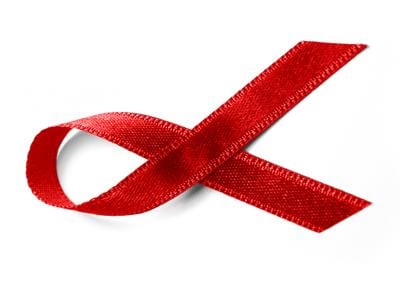Earlier this year questions were raised about whether the Canadian government will continue to fulfil its funding pledge to the Global Fund to Fight AIDS, Tuberculosis and Malaria. But on December 8, International Cooperation Minister Bev Oda reaffirmed the commitment.
“Canada continues to contribute to the fight against some of the world’s most devastating diseases – AIDS, tuberculosis and malaria,” Oda said in a press release. “The Government of Canada has supported the Global Fund from its inception and will continue to work with the Global Fund to protect the lives of the world’s most vulnerable, including women and children. Canada fulfils its commitments and will fully disburse our annual commitment to the Global Fund this calendar year.”
This year’s commitment – $180 million, part of a $540 million three-year pledge – comes at a time when the Global Fund has held off launching the next round of calls for grants as many countries are holding off on foreign aid commitments in the face of economic challenges. This move protects existing programs but doesn’t allow countries to build on any new momentum in their fights against HIV.
“There’s a lot of uncertainty these days with other donors, whether or not they’re going to honour their commitments,” says Justin Broekema, a spokesman for Oda. “We wanted to make it very clear that Canada continues to be a player in this fight, and we will disperse the money that we committed last year.”
Broekema adds that the money will be disbursed by the end of the year, and that it has already been allocated in the budget based on the 2010 pledge.
Opposition critics ask why it took the government so long to make the announcement and to see the funds transferred.
“This is December, right?” says Liberal MP Mark Eyking. “It’s not just the money, but in my sense, it’s that they’re holding back their plans. Any initiatives they’re doing, they have to put it all on hold until they see their money, so it’s really a screw-up for their planning and what they’re trying to do.”
NDP LGBT issues critic Randall Garrison, who has asked about the Global Fund issue in the House of Commons previously, shares the sentiment.
“There are only days left to actually do this, and I’m happy to see the commitment, but they need to actually transfer the money,” Garrison says.
Richard Elliott, executive director of the Canadian HIV/AIDS Legal Network, is not concerned about the date, and says that in fact the pledge to transfer the funds by the end of the year is actually early and sends the right signal to other countries.
“The fact that they’ve said we’re willing to accelerate the payment of the money and make it happen sooner rather than several months from now is an important signal, and it makes sure that money keeps flowing for the fund,” Elliott says. “They’ve moved it up from when it was likely to originally happen.”
While the September 2010 pledge included a modest increase in Canada’s contribution, Elliott says the Harper government can and should be doing more.
“There is a growing push for an emergency meeting of donors before next year’s International AIDS Conference in Washington to actually make sure that they moneys that were pledge so far actually get followed through on, which is why it’s important that a donor like Canada say we’re actually stepping up and actually delivering sooner rather than later on what we’d pledged so that there isn’t a shortfall from what was already committed to on paper,” Elliott says.
According to best-case scenario projections, turning the global tide on the number of new HIV infections will require at least $20 billion for the Global Fund. So far $11.7 billion has been pledged.
“Even if all that money does come through as pledged, which is still to be seen, we’re still way below what’s needed, so Canada and others of course need to step up and say not only are we delivering now on what we’ve pledged, because we have confidence that the Fund is a key mechanism, we’re actually going to increase our support,” Elliott says.
“We’ve set a good example from a modest increase from the last pledging round, we’re now delivering before the end of the year, which is good, so let’s keep going in that direction and try to get others to try to come up and do what needs to be done.”


 Why you can trust Xtra
Why you can trust Xtra


